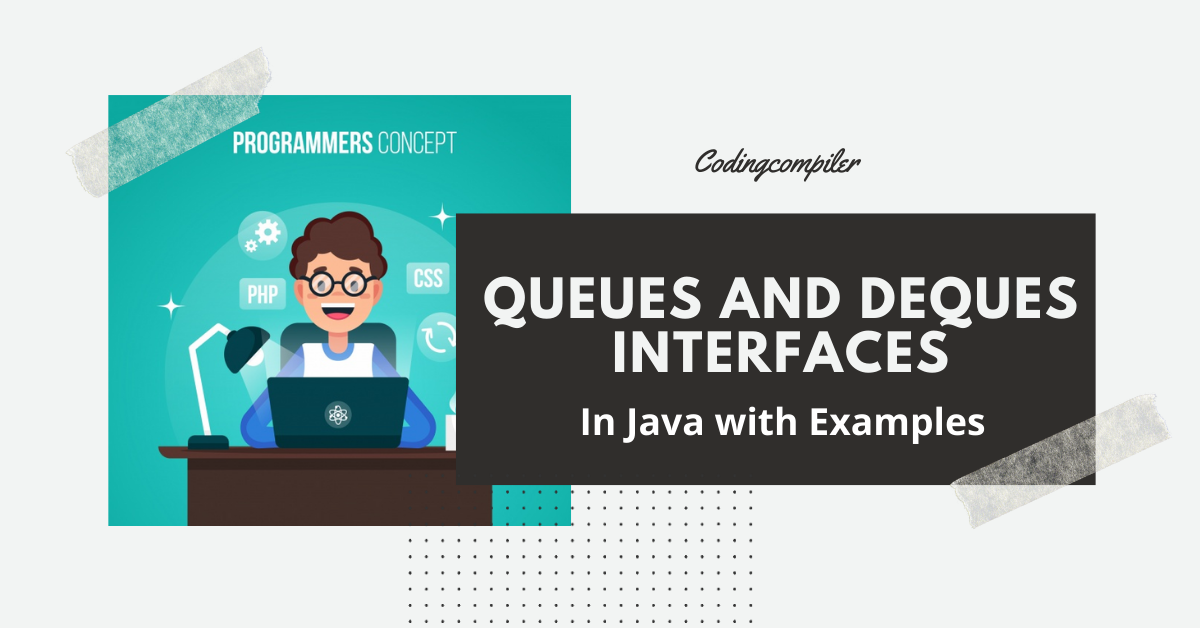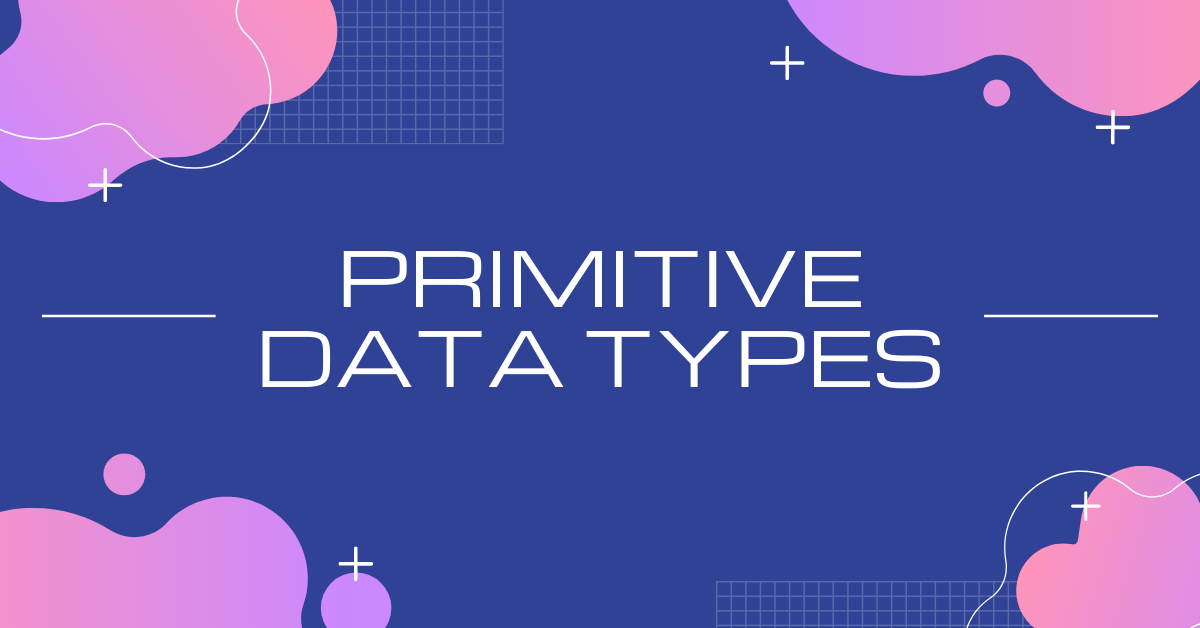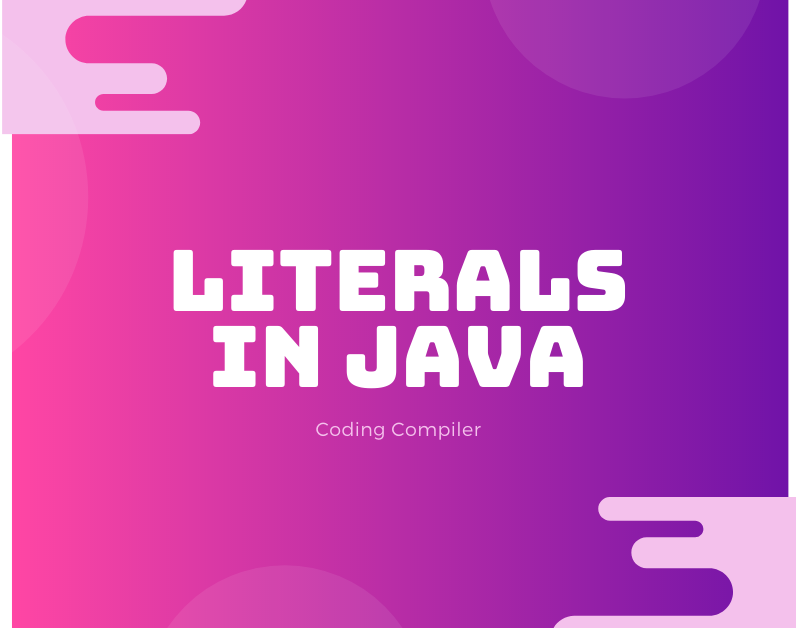Java Annotations Tutorial – Types of Java Annotations List For Beginners from Coding compiler. Here you will learn about Java annotations, types of annotations, annotation retention policy, annotation reflections, built-in annotations. Lean Now.!
Command Line Argument Processing in Java
A Java application can accept any number of command line argument. This allows the user to specify configuration information when the application is launched. When an application is launched, the runtime system passes the command line arguments to the application’s main method via an array of String s. Related Article: The Java Command – ‘java’ and ‘javaw’ Parameter Details … Read more



